Fieldwork
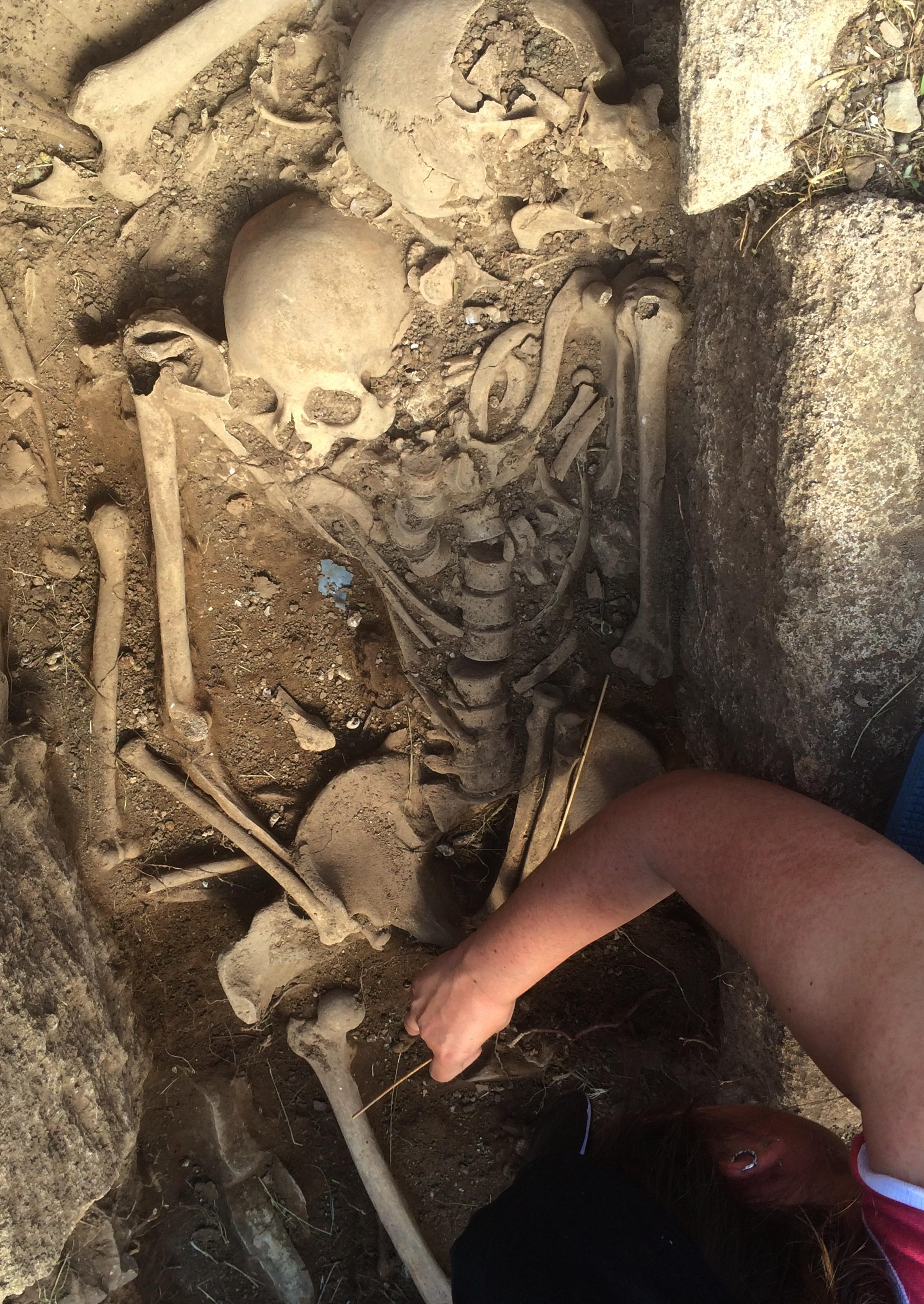
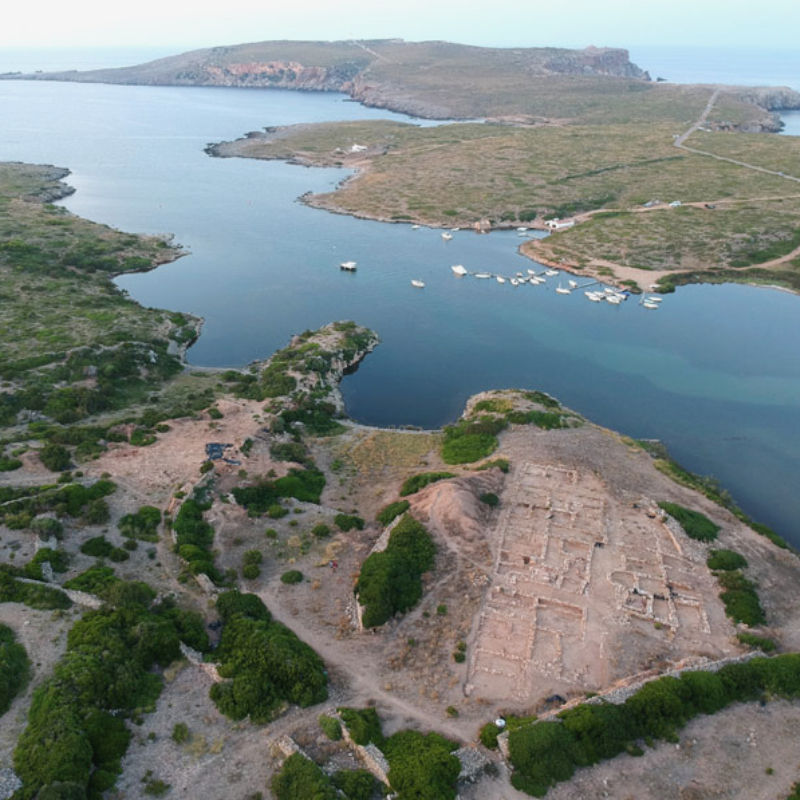
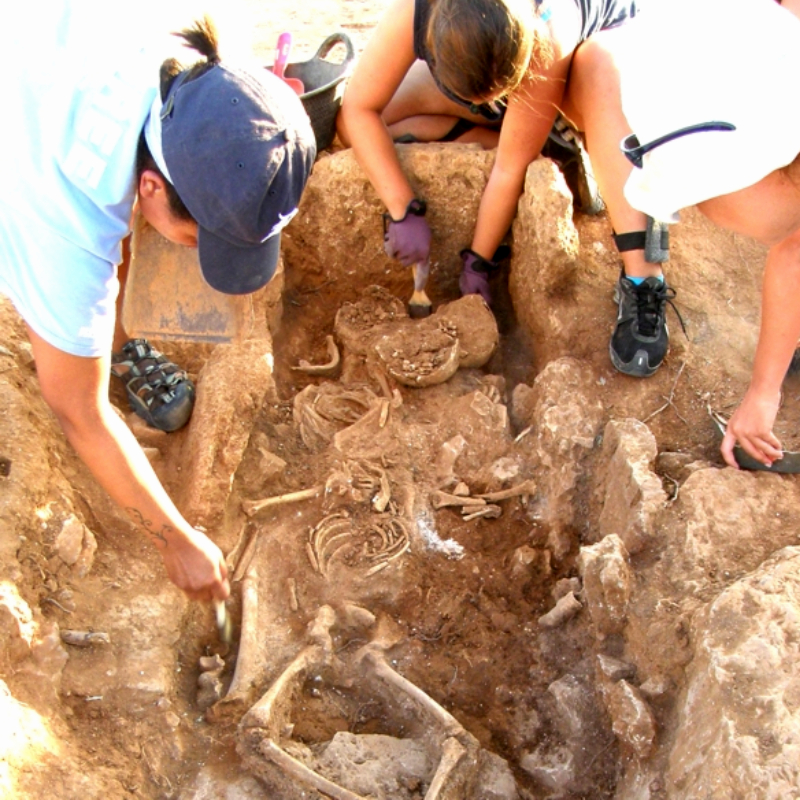
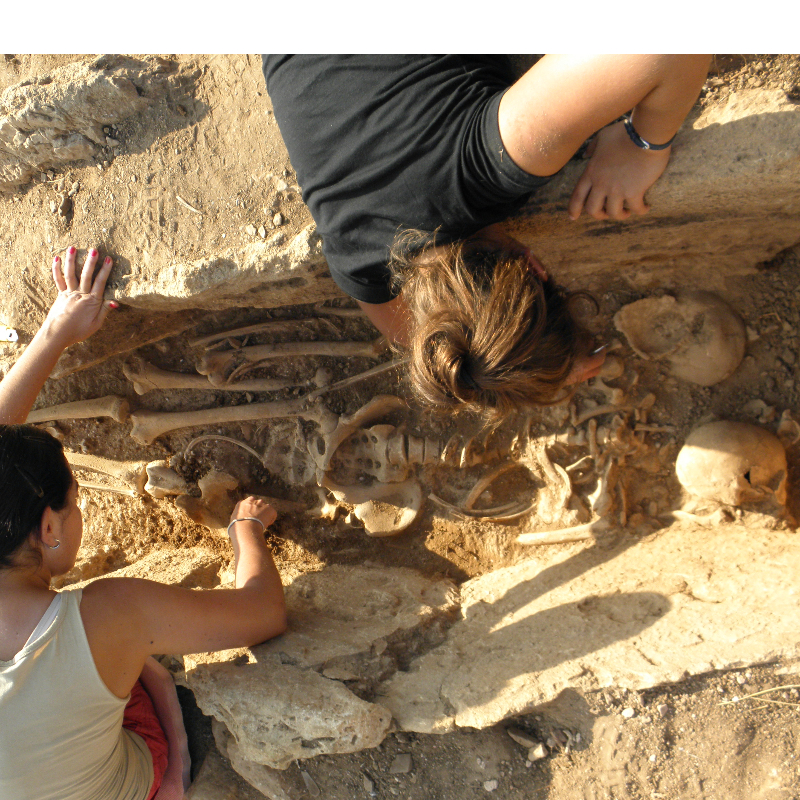
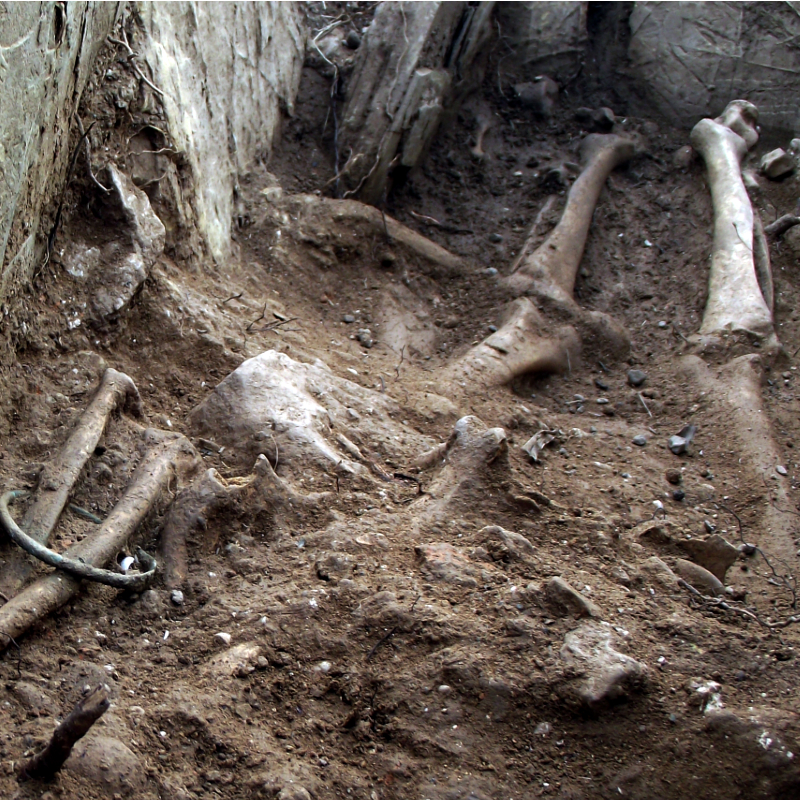
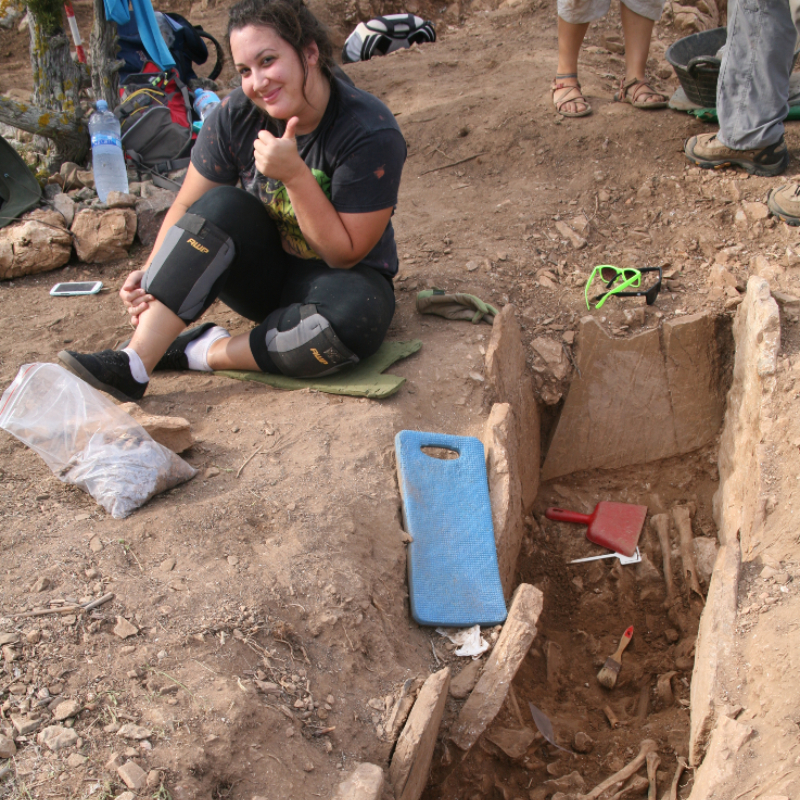
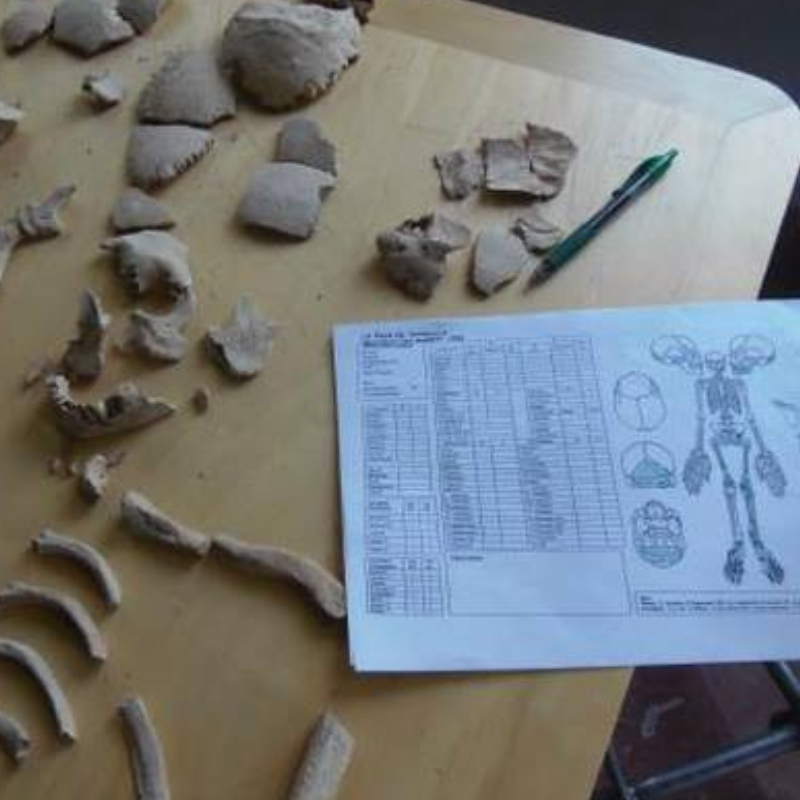
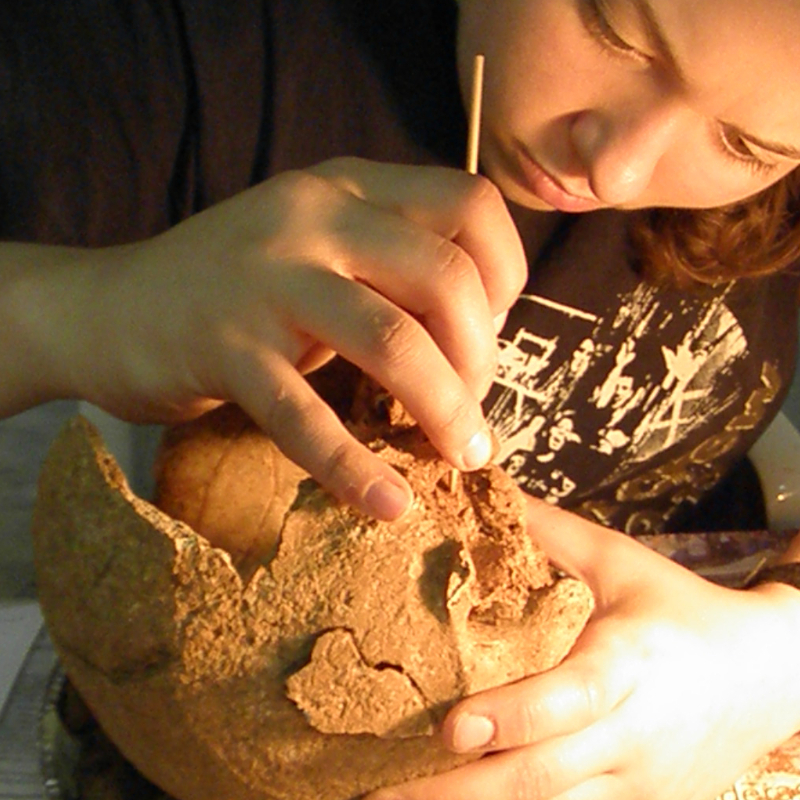
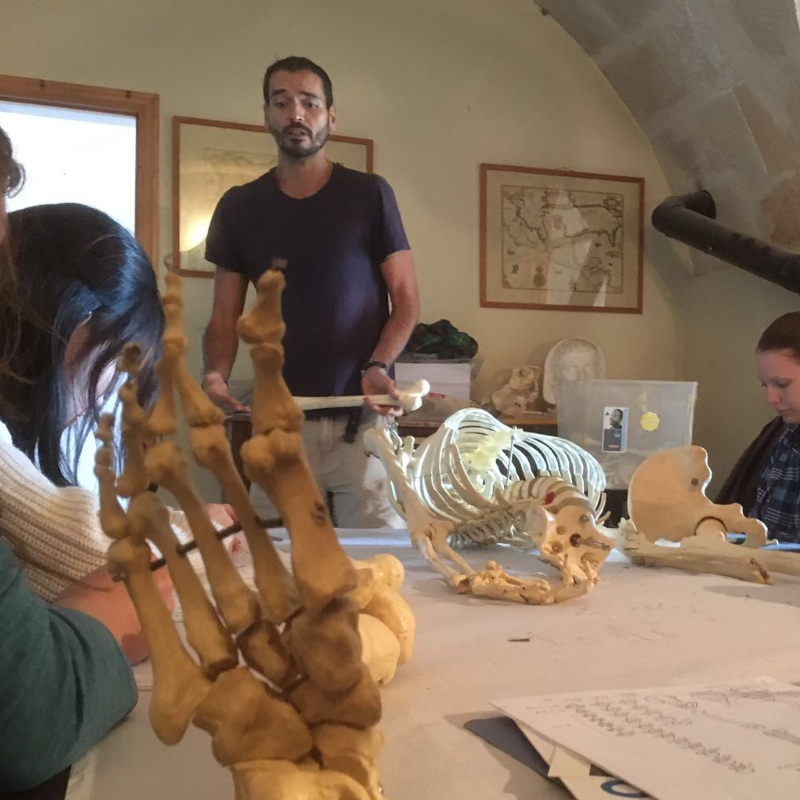
Location: Carretera, 7, 07760 Caleta Santandria, Illes Balears, Spain
Season: August 1, 2024 to October 30, 2025
Session Dates: Session #7 | 2024 August 01 – August 16 $ 2150 ___ Session #8 | 2024 August 19 – September 03 $ 1500 ___ Session #9 | 2024 September 06 – September 21 $ 1500 ___ Session #10 | 2024 September 24 – October 09 $ 1500 ___ Session #11 | 2024 October 12 – October 27 $ 1800___Session #1 | 2025 April 12 – April 27 $ 1100 ___ Session #2 | 2025 May 01 – May 16 $ 1300 ___ Session #3 | 2025 May 19 – June 03 $ 1700 ___ Session #4 | 2025 June 06 – June 21 $ 1700 ___ Session #5 | 2025 June 26 – July 11 $ 1850 ___ Session #6| 2025 July 14 – July 29 $ 1850 ___ Session #7 | 2025 August 01 – August 16 $ 1700 ___ Session #8 | 2025 August 19 – September 03 $ 1400 Session #9 | 2025 September 06 – September 21 $ 1400 ___ Session #10| 2025 September 24 – October 09 $ 1300 ___ Session #11| 2025 October 12 – October 27 $ 1300 ___ Session #12| 2025 October 30 – November 10 $ 1200. *If you sign up for two sessions in a row (32 days) that take place in Menorca (Balearic Island, Spain), the days between sessions (3 or 4 days) you will have the accommodation for free.
Application Deadline: October 30, 2025
Deadline Type: Contact for Details
Website: http://archaeology.institute/008-anthropology-in-the-sanisera-necropolis.asp
Program Type:
Field School, Volunteer
RPA Certified:
No
Affiliation:
Sanisera Archaeology Institute for International Field Schools
Project Director:
Alicia Alonso García (Madrid. Spain - 1994)
She graduated in Biology and completed a master's degree in Physical Anthropology from the Universidad Autónoma de Madrid. She focuses her research on the study of past populations from direct and indirect human remains, frequently using image techniques.
She belongs to a research group Laboratorio de Poblaciones del Pasado (LAPP) at the Universidad Autónoma de Madrid, specialized in the study of archaeobiological remains and through which she has acquired experience in human osteology. It is also part of the al Madam-al Khudairah Project. Life in the Oasis, death in the Hills, which includes her doctoral thesis focused on the analysis of human footprints through 3D models and new technologies.
Project Description:
The Sanisera Archaeology Institute for International Field Schools offers an annual archaeology dig on the island of Menorca, off the coast of Spain. Since then it has organized courses for students who come from all over the world to study abroad and who are interested in anthropology.
Death in Rome has been studied in Sanisera since we started digging the first necropolis in 2008. So far we have excavated 90 tombs belonging to a Roman cemetery which could have been related to a basilica in the Roman city if Sanisera, which dates from the 4th and 6th centuries AD. The Osteology corpus in this necropolis includes more than 232 individuals.
The fieldwork focuses on funerary structures, specifically inhumation graves. Students will also participate in lectures on skeletal anatomy and pathologies, classes and exercises related to the course material.
Directed at
If you are interested in studying anthropology or are already doing so in your school and would like to gain experience as a fieldwork volunteer excavating cemeteries and graves, this may be the best choice for you. This program accommodates participants with or without previous experience.
In the necropolis of Sanisera, without much physical exertion, and due to the stratigraphic conditions, you easily find and excavate tombs and their contents. You will excavate tombs and learn anthropological techniques used to recover human remains and grave goods. In the biological anthropology laboratory, you will learn how to treat and classify bones and grave goods recovered from the necropolis.
This course is designed primarily for students interested in excavating human remains with fieldwork focusing on a Roman cemetery. Time dedicated to laboratory work is less than excavation time, but students will learn the basics of anatomy.
After completing this program, the experience gained will enable you to decide if biological anthropology is the area of study best for you and if you would like to continue on with anthropology in your professional future.
This is the most economical intensive biological anthropology course the Sanisera Field School offers. The excavation takes place on the northern coast of the island, surrounded by the sea and pristine Mediterranean landscapes.
Previous knowledge or experience in archaeology.
What you will learn
1. In the Fieldwork:
2. In the Laboratory
3. Theory
Field School life & language
The fieldwork runs 7 hours a day with time dedicated to both excavations, the study of human osteology by the analysis of the skeletal remains and laboratory work on roman pottery.
For every seven course days there are two days off.
Participants will learn and apply excavation techniques used in biological anthropology during fieldwork. In the laboratory, participants will follow guidelines set by an anthropologist and other specialists for the classification, study, and conservation of skeletal remains and other related material found.
Participants will also be given lectures on methodology, roman archaeology, human osteology and classification of archaeological materials.
The course is taught in English.
Cost & Sessions
From 1100 $ session. ***If you sign up for two sessions in a row (32 days) that take place in Menorca, the days between sessions (3 or 4 days) you will have the accommodation for free.
| Sessions | Dates | Cost |
| Session #7 | 2024 | August 01 – August 16 | $ 2150 |
| Session #8 | 2024 | August 19 – September 03 | $ 1500 |
| Session #9 | 2024 | September 06 – September 21 | $ 1500 |
| Session #10 | 2024 | September 24 – October 09 | $ 1500 |
| Session #11 | 2024 | October 12 – October 27 | $ 1800 |
| Session #1 | 2025 | April 12 – April 27 | $ 1100 |
| Session #2 | 2025 | May 01 – May 16 | $ 1300 |
| Session #3 | 2025 | May 19 – June 03 | $ 1700 |
| Session #4 | 2025 | June 06 – June 21 | $ 1700 |
| Session #5 | 2025 | June 26 – July 11 | $ 1850 |
| Session #6 | 2025 | July 14 – July 29 | $ 1850 |
| Session #7 | 2025 | August 01 – August 16 | $ 1700 |
| Session #8 | 2025 | August 19 – September 03 | $ 1400 |
| Session #9 | 2025 | September 06 – September 21 | $ 1400 |
| Session #10 | 2025 | September 24 – October 09 | $ 1300 |
| Session #11 | 2025 | October 12 – October 27 | $ 1300 |
| Session #12 | 2025 | October 30 – November 10 | $ 1200 |
Elementary information:
https://linktr.ee/sanisera
Period(s) of Occupation: The excavation at the necropolis of Sanisera provides all the archaeological documentation necessary for the student to acquire enough training and experience in all aspects surrounding an excavation of the Roman civilization from the II century B.C. to the VI A.D.
Notes:
Certificates - At the end of the Field Program, students will receive a certificate of participation stating the hours and activities of the course. Participants that perform exceedingly well in the course may receive a letter of recommendation from our organization upon request.
Project Size: 1-24 participants
Minimum Length of Stay for Volunteers: 16 days
Minimum Age: 18 and young students between 16 and 18 years old can apply with special permission from their parents.
Experience Required: Previous knowledge or experience in archaeology.
Room and Board Arrangements:
Course fee
• Course tuition.
• Daily transportation to/from the archaeological fieldwork.
• Accident insurance at the site.
• Certificate of participation.
• Visits to museums and archaeological heritage of the island. It is also possible to visit places of charm and beaches.
• Accommodation in the Student Residence in Ciutadella. Rooms separated by sex provided with air conditioning for the summer season and heat pump for the fall and winter months.
• .The rooms in the residence have air conditioning.
• In case of needing to process Schengen Visa the mandatory letter of invitation will be written so you can travel
Airfare not included from the student home to/from Menorca (Spain).
Meals are not included, although we will recommend some cafés and restaurants that do not exceed the average of 23 € /day in meals.
* If you sign up for two sessions in a row (32 days) that take place in Menorca, the days between sessions (3 or 4 days) you will have the accommodation for free.
Academic Credit:
http://archaeology.institute/sanisera-archaeology-institute-petition-for-credits.asp
Fernando Contreras Rodrigo
Apdo. 68
Es Mercadal
Menorca, Balearic Island
07740
Spain
Phone: +34 608894650
The AIA is North America's largest and oldest nonprofit organization dedicated to archaeology. The Institute advances awareness, education, fieldwork, preservation, publication, and research of archaeological sites and cultural heritage throughout the world. Your contribution makes a difference.
Notifications